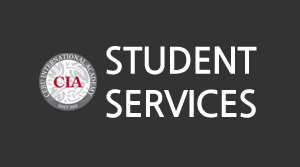학생 케어 서비스

01. CRO(Customer Relation Office)
우리는 학생들을 위해 24/7(하루 24시간, 주 7일) 케어 서비스를 제공합니다. 고객님의 불편사항을 접수하고 가장 빠르게 해결해 드리고 있습니다. 또한, 응급 상황 발생 시 CRO 팀은 해당 국가 관리자에게 연락하며 구급차를 배치하고 병원도 함께 동행을 하는 등 긴급 상황에 대응할 수 있습니다. 또한 우체국에서 택배 서비스도 제공됩니다.
- 일반적인 고객 응대 서비스
- 우체국 택배 및 해외택배 서비스
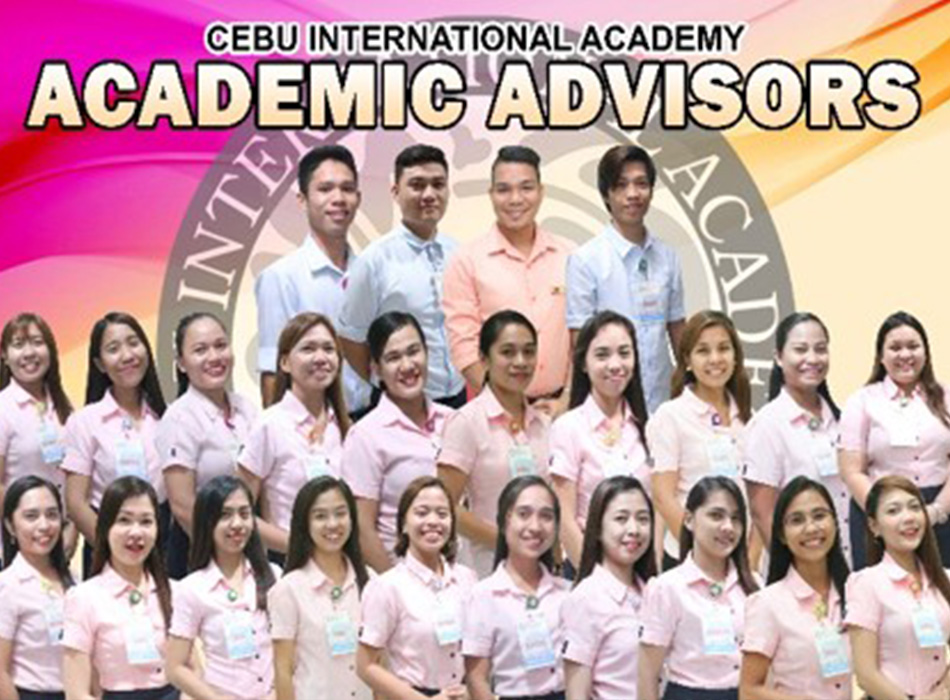
02. AA(담당 선생님)
담당 선생님은 모든 신입생에게 배정되며 학생들이 학업적 필요한 부분을 도와줍니다. AA는 또한 학교, 장소 및 필리핀 문화에 대한 우려 사항에 대한 자세한 정보를 제공합니다. 또한 철저하게 비밀이 보장되는 상담 및 수업 상담을 제공합니다.
- 수업, 시간표, 커리큘럼 등 학업에 관한 조언
- 상담
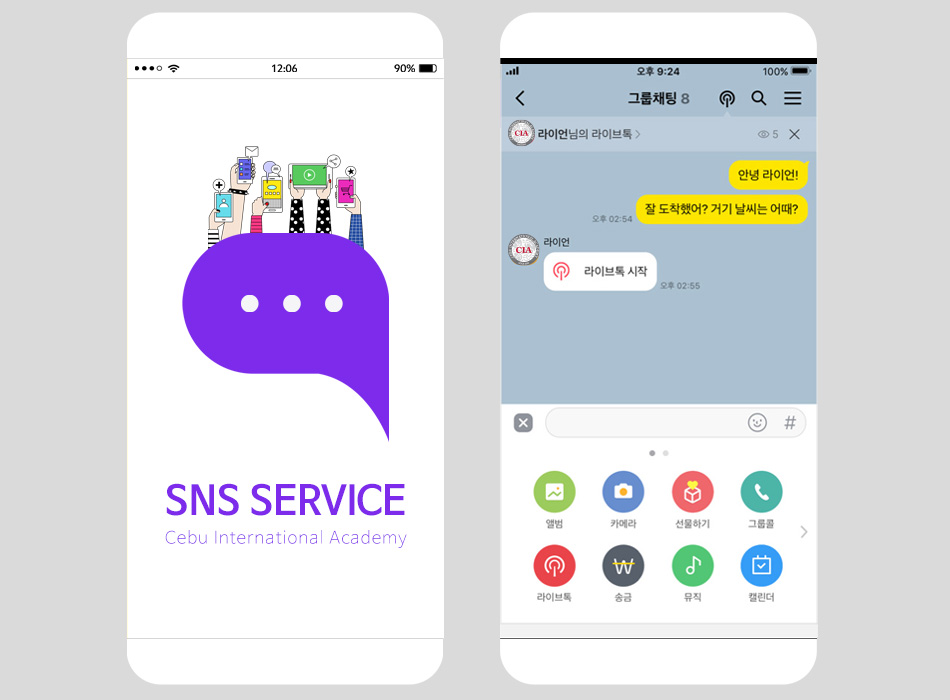
03. SNS 서비스
학교 행사 및 학교 생활에 도움이 되는 다양한 정보 뿐만 아니라 학생들이 알아야 할 학교 공지사항에 대한 신속하고 정확한 정보를 LINE을 통하여 제공합니다. 또한 학생들이 출국 전에 걱정하지 않도록 카톡을 통한 출국 전 연락 서비스를 제공합니다. 출국전에 궁금한 부분을 질문하고 답변을 받을 수 있습니다.
- 학교 정보 제공
- 한국 매니저와 소통
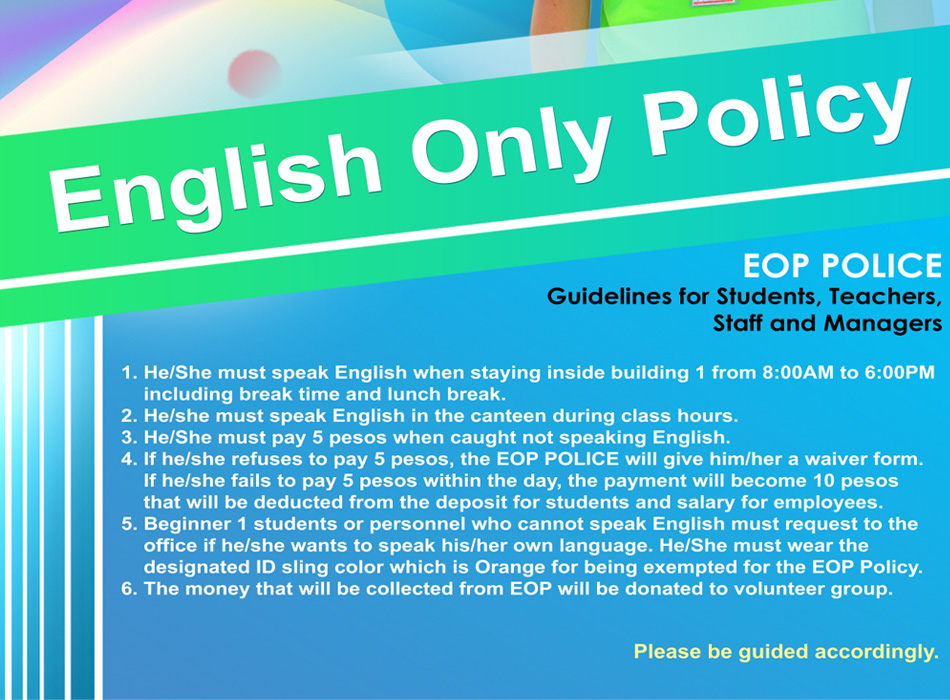
04. EOP(English Only Policy)
농구장, 수영장과 기숙사2층 이상부터를 제외한 모든 곳이 영어존으로 상시 영어 사용을 권장합니다. "EOP 경찰"이라는 직원이 캠퍼스 내부를 언제든지 어디든 순찰합니다. 영어 이외의 언어를 사용하면 벌금이 부과되며 모금된 금액은 자원봉사 활동을 위해 기부됩니다.
- 학생들이 가능한 한 영어로 말하도록 격려
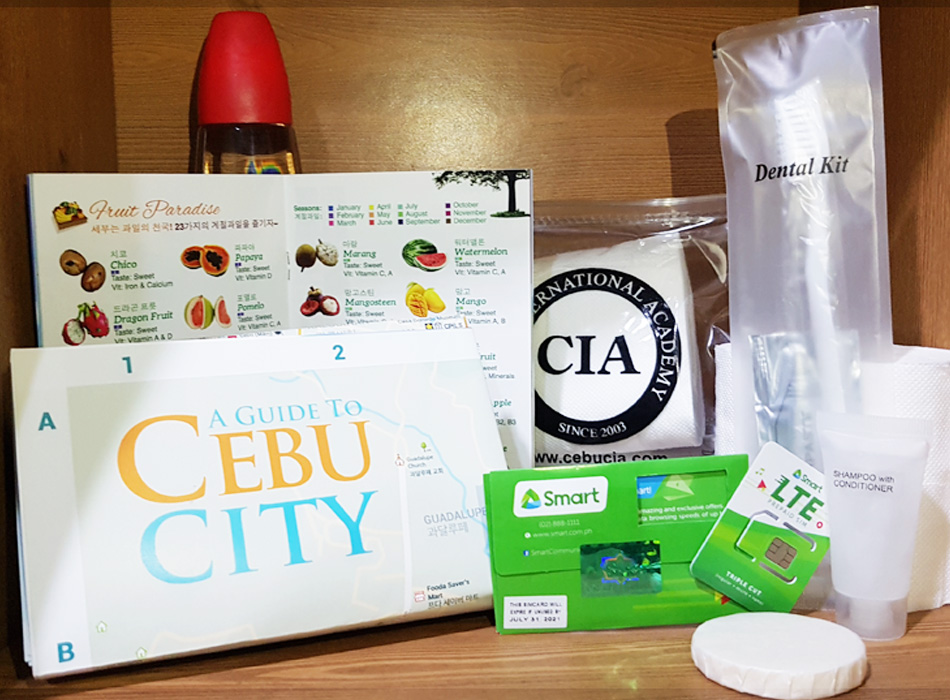
05. 픽업 서비스 및 월컴 킷
CIA 직원은 공항 출구 앞에서 신입생을 기다리고 있습니다. 신입생이 안전하게 캠퍼스에 도착할 수 있도록
따뜻한 환영의 마음을 담아 픽업 서비스가 제공됩니다. 학생과 픽업 직원은 학교 밴을 타고 CIA 캠퍼스로 이동합니다. 토요일과 일요일 출국 시에는 무료로 픽업을 지원합니다.
학교에 도착하면 학생은 학교 시설, 안전 지침, 임시 학생증 및 월컴 킷과 함께 간략한 정보를 받게 됩니다.
- CIA 직원의 도움을 받아 공항 픽업 서비스부터 기숙사 투숙할 때까지
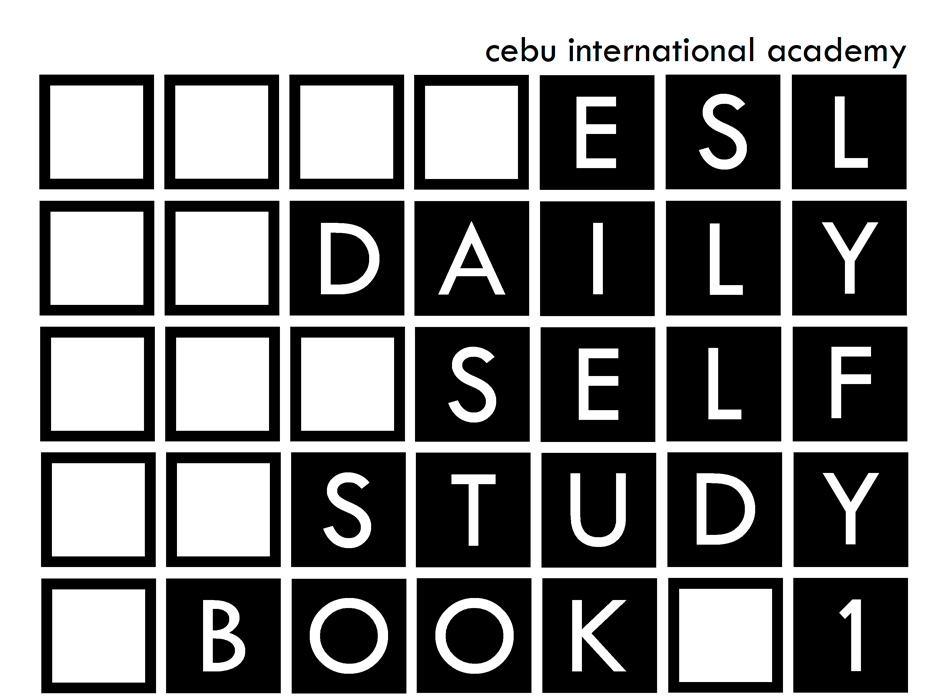
06. 데일리 시험
첫날 신입생은 오리엔테이션 동안 데일리 테스트북을 받게 됩니다. 데일리 테스트에는 학생들이 배울 수 있는 기본 어휘와 문법이 포함되어 있습니다. 학생들은 또한 셀프라이팅 시간 동안 매일 에세이를 작성해야 하며 1:1 쓰기 수업에서 선생님께 첨삭을 받으면 됩니다. 매주 월요일부터 목요일까지 시험이 있습니다.
주당 총점수: 40점 만점에 ESL – 24점 / 토익, 아이엘츠, 비즈니스 – 26점 이상 받아야 하며, 점수 미달자는 다음주 주말 외출 불가. 단, 월~목요일까지 시험을 다 본 경우 점수와 상관없이 주말 외출 허용
- 늦거나 이름 미기재, 휴대폰 사용 등 치팅을 하는 경우 학생은 0점을 받습니다.
- 데일리 시험에서 3점 미만의 점수를 받은 학생은 당일 외출이 허용되지 않습니다. (토익,비즈니스,아이엘츠의 경우 7점 이상, 프리토익, 프리아이엘츠의 경우 4점 이상이어야 평일 외출이 가능합니다.
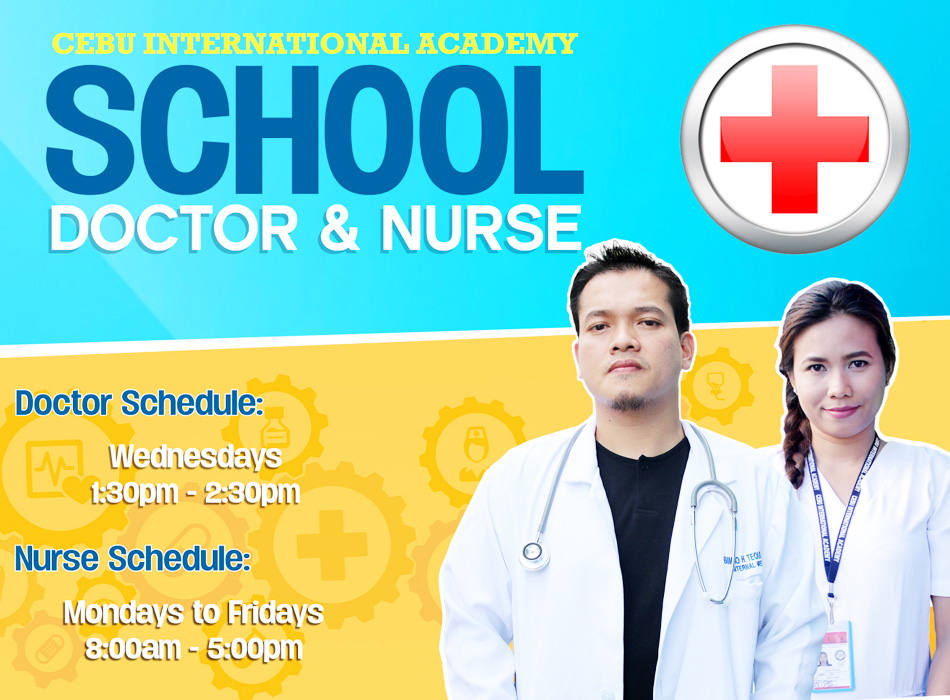
07. 의료 서비스
주중 09:00~ 18:00 상주 간호사가 있으며, 주 1회 학교를 방문하는 의사 선생님을 통해 학생들의 건강을 세심하게 관리하고 있습니다. 그들은 의학적 조언이나 처방을 제공하고 필요할 때 입원을 제안하며 응급 상황에 신속하게 대응합니다.
의사 방문: 매주 화요일
- 학생들은 진료 요청 양식에 이름을 기재하여 의사의 검진을 받아야 합니다.
관광 정보
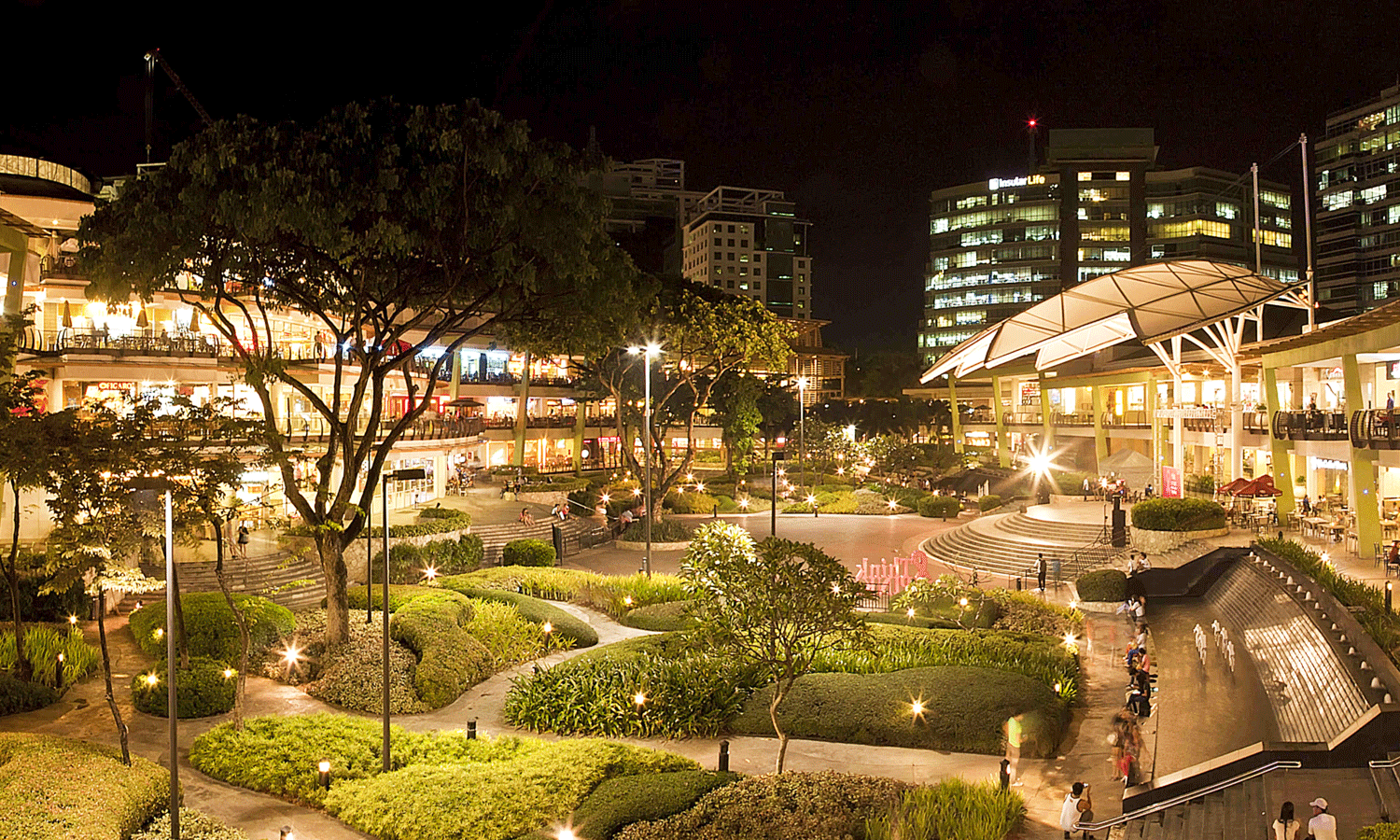
쇼핑몰
쇼핑몰은 한군데에서 여러 가지 물건을 살 수 있도록 상점들이 모여 있는 곳입니다. 세부에는 많은 쇼핑몰이 있습니다. 세부에서 가장 유명하며 추천할만한 쇼핑몰을 소개합니다.
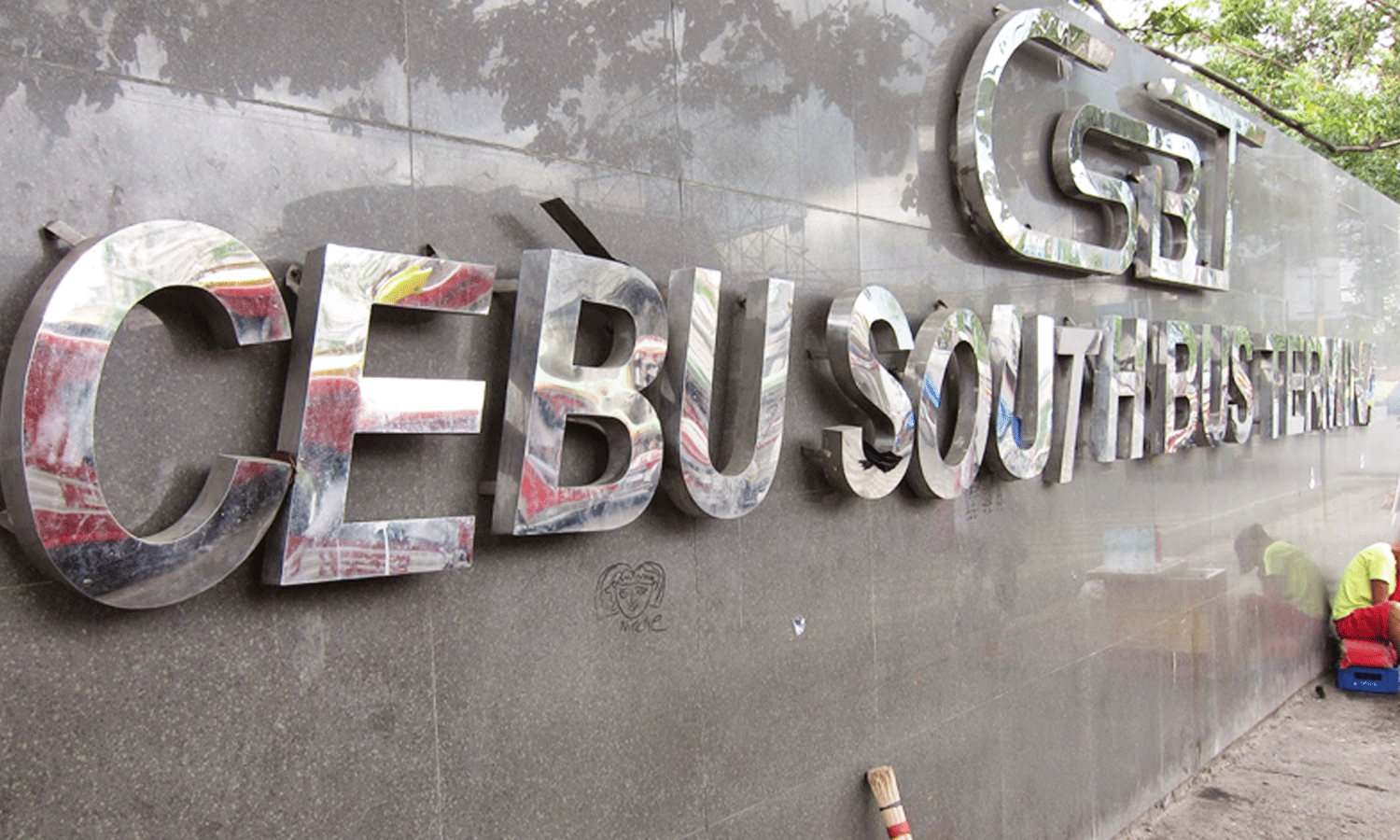
터미널들
세부에는 2개의 버스 터미널이 있습니다. 오슬롭 및 모알보알이 있는 남부버스 터미널과 반타얀 및 카모테스 섬이 있는 북부 버스 터미널이 있습니다.
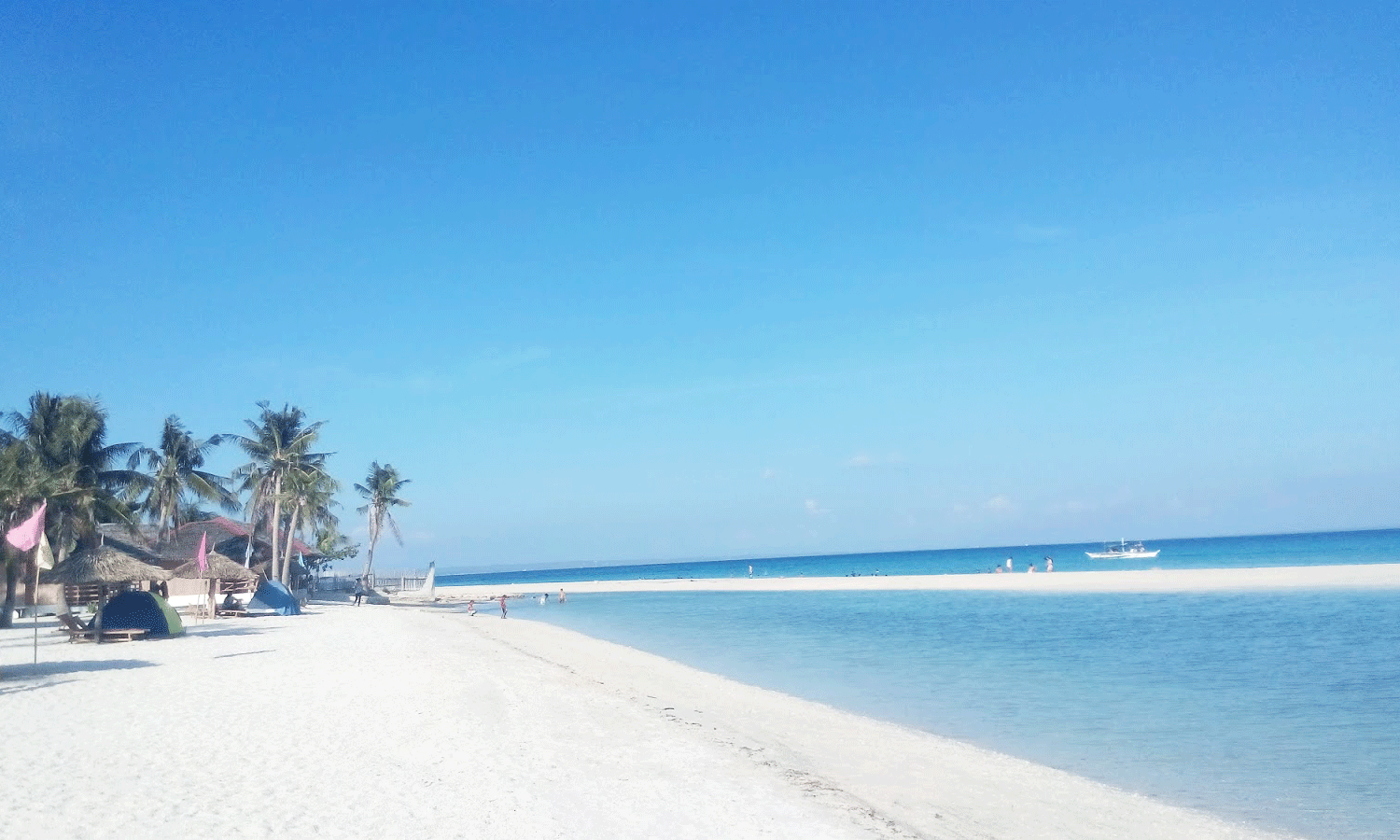
유명한 해변가
세부에는 많은 관광명소가 있습니다. 세부 해변은 세계에서 가장 아름다운 해변 중 하나로 잘 알려져 있습니다.
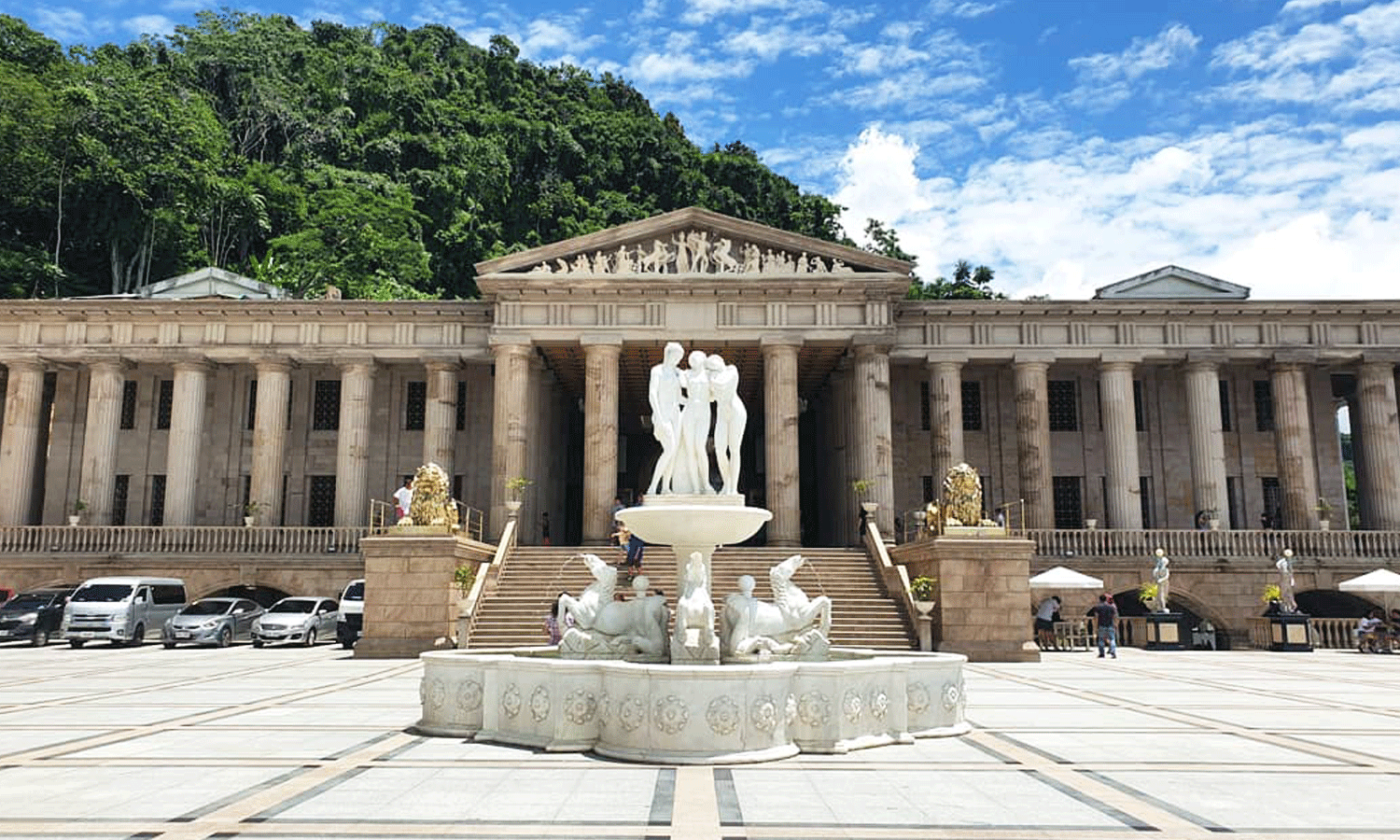
세부 관광지
대부분의 관광객은 세부 본섬이나 막탄 섬에 많은 역사적인 장소를 방문합니다. 하지만 세부에는 다양한 관광지가 있습니다. 관광지를 소개해 드리겠습니다.
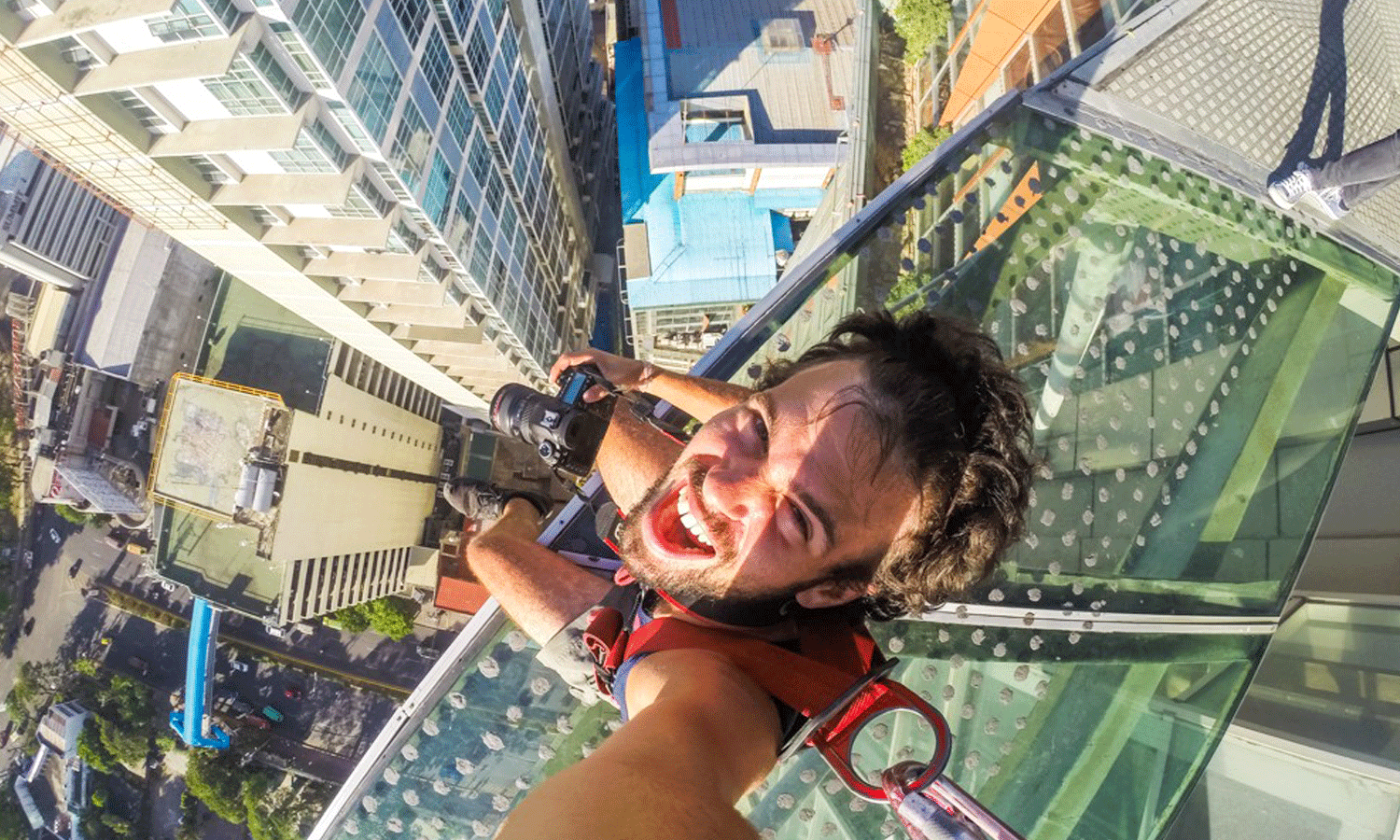
다양한 모험과 액티비티
모험을 좋아하는 분이라면 세부에서 다양한 것을 시도해 보고 싶을 것입니다. 빌딩 사이를 달리는 짚라인부터 스카이다이빙까지 세부에서 즐길 수 있는 다양한 액티비티를 소개합니다.
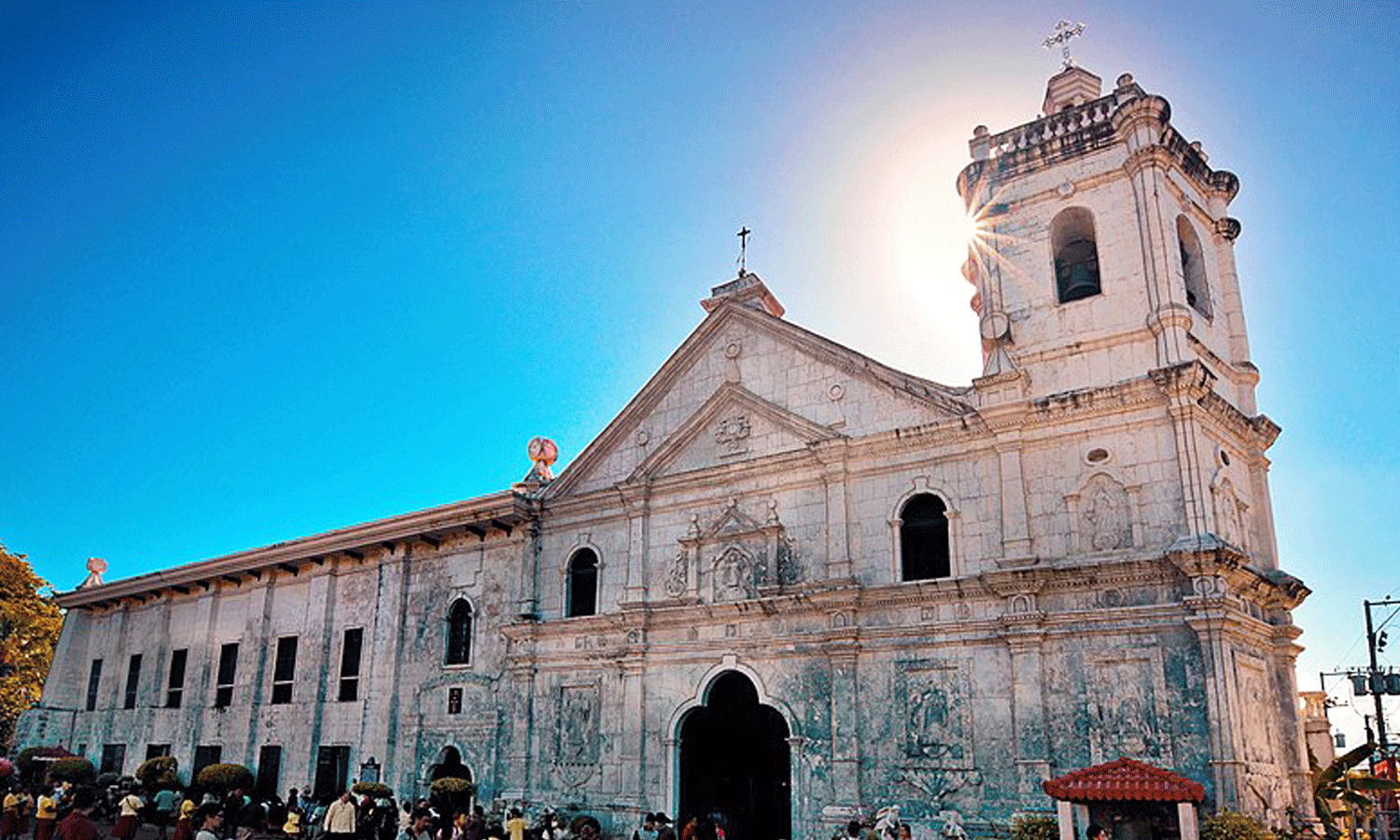
세부 역사 유적지
세부의 역사는 외세의 침략으로 시작되었고, 당시 천주교도 전파되었습니다. 마젤란은 세부의 역사에서 빼놓을 수 없는 인물입니다. 산토니뇨성당과 마젤란 십자가는 역사적인 관광지로 세부의 주요 관광지입니다.
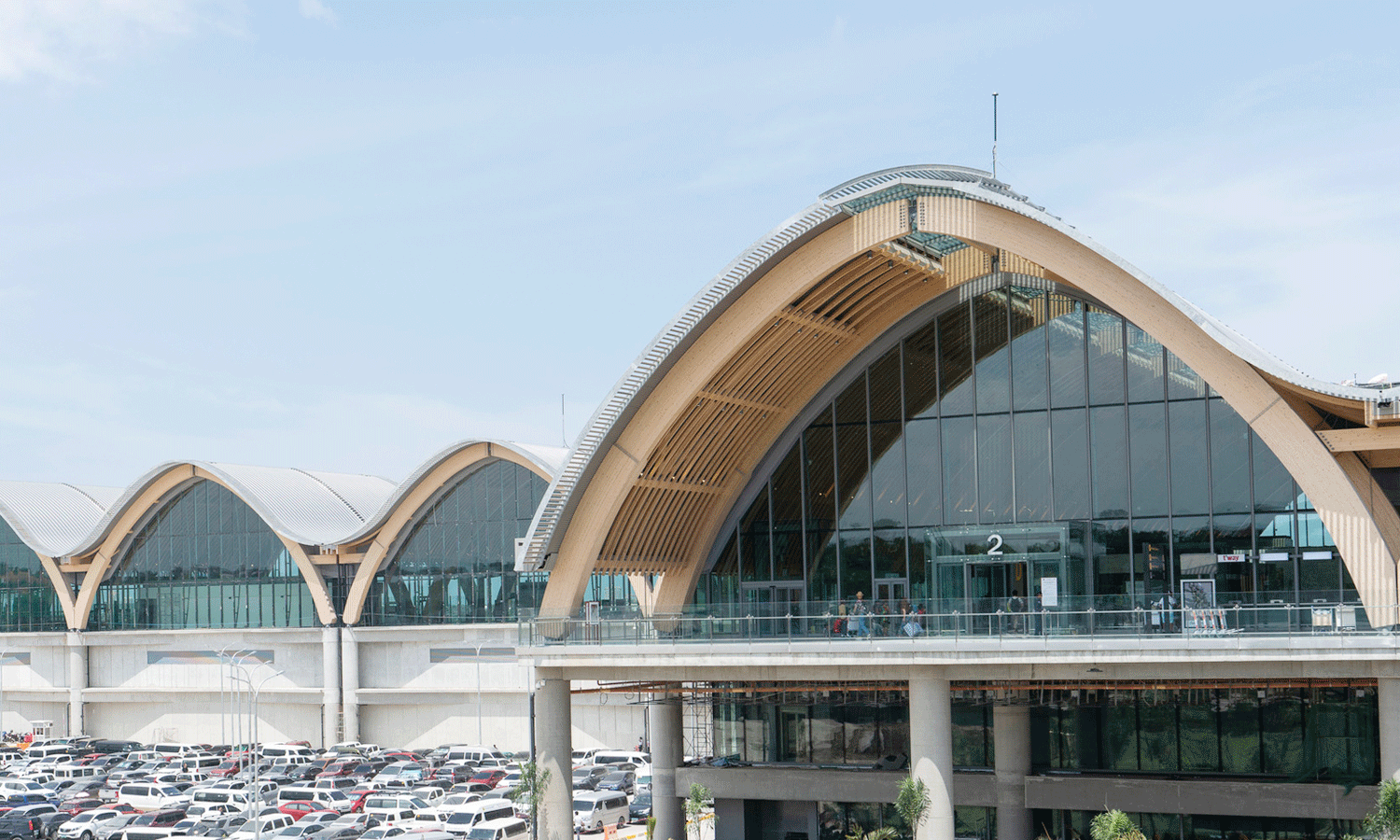
막탄세부국제공항 (MCIA)
막탄 세부 공항은 마닐라 외곽에서 가장 큰 국제 항공 허브입니다. 이 공항은 현재 연간 약 1,000만 명의 국내외 승객에게 서비스를 제공하고 있으며 매년 꾸준한 성장세를 보이고 있습니다.
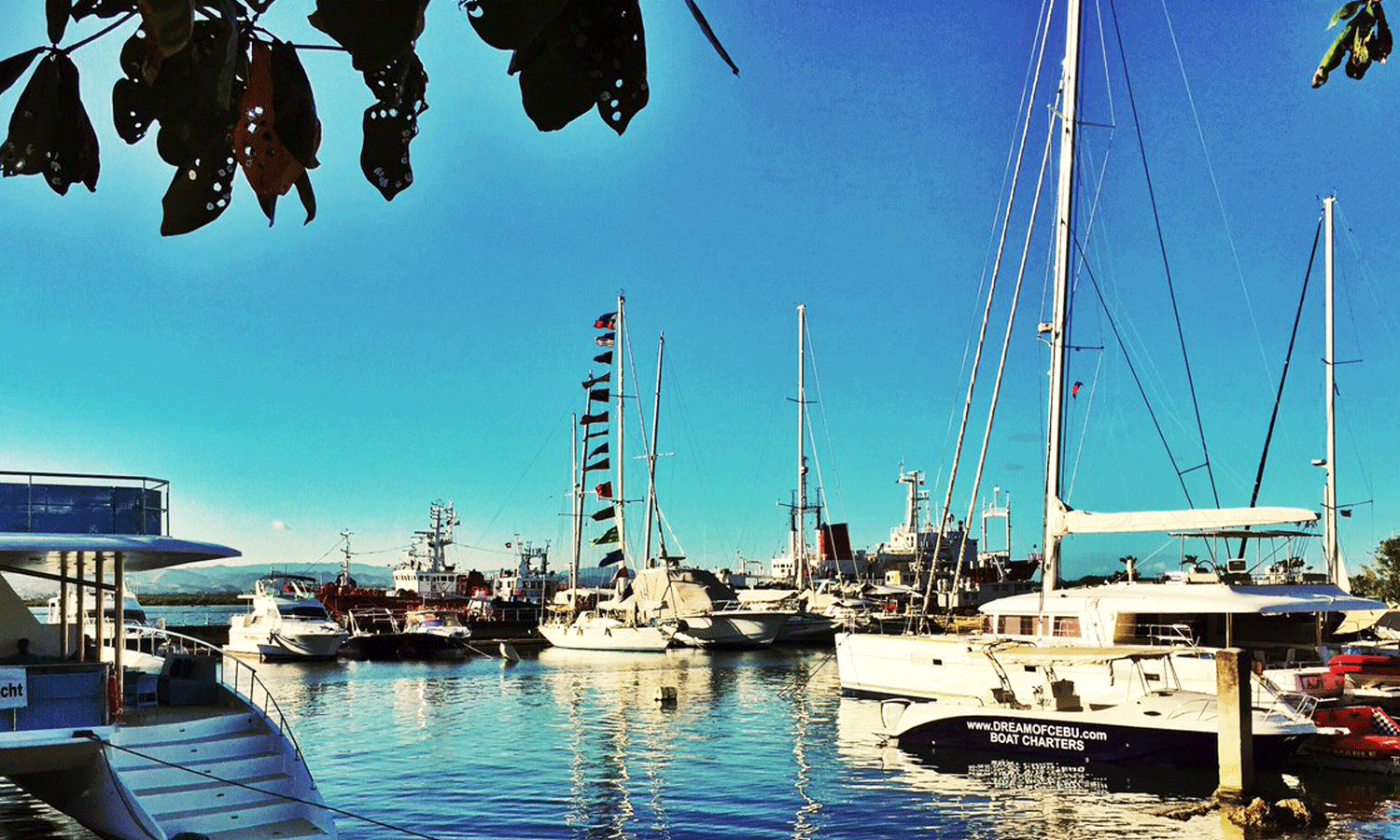
수상 레져 활동
세부에는 워터파크 뿐만 아니라 패러세일링, 바나나보트, 제트스키, 스노클링 등 다양한 수상 스포츠가 있습니다.
세부 레스토랑
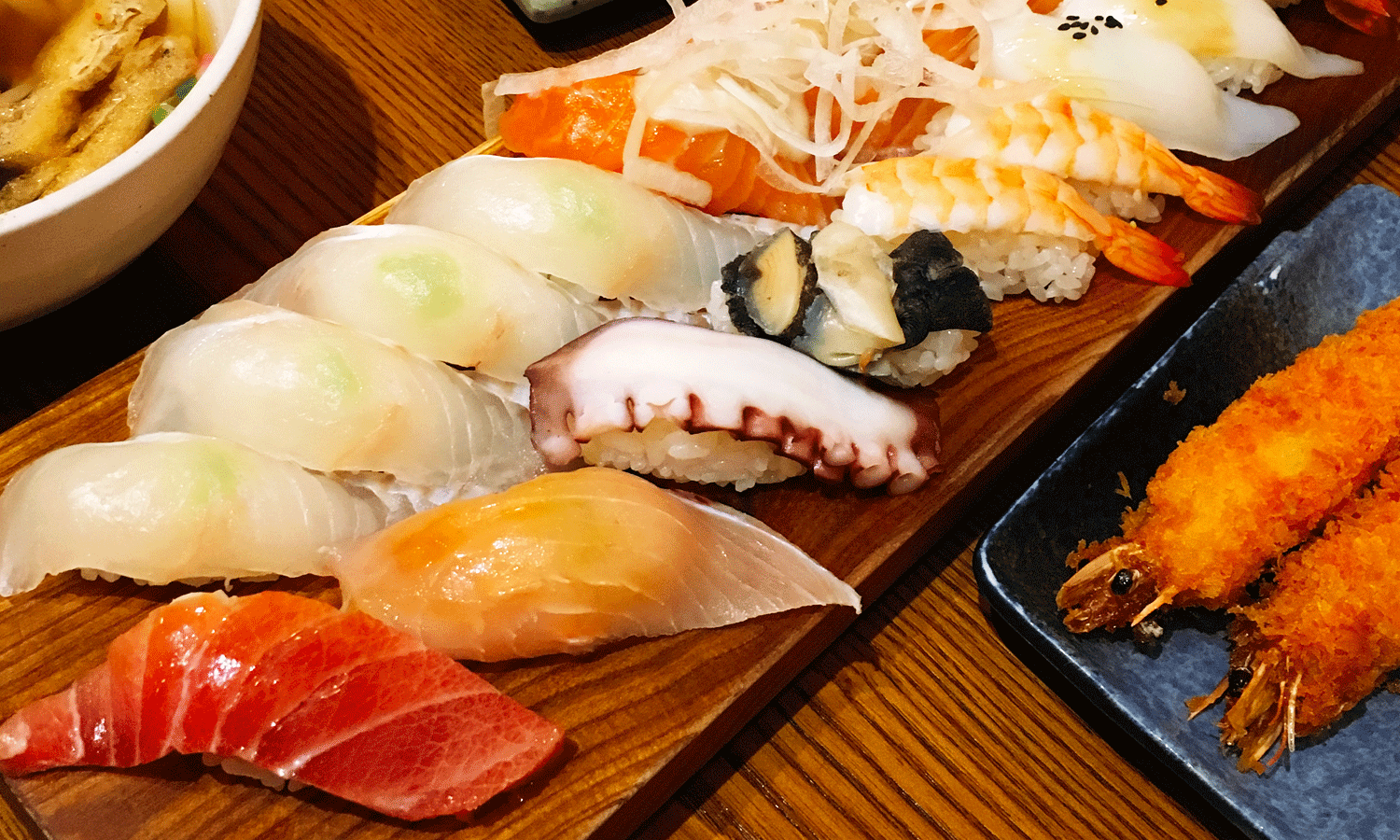
일본 레스토랑
세부에는 다양한 요리를 제공하는 일식 레스토랑이 많이 있습니다. 우리가 방문한 가장 추천하는 레스토랑을 살펴보십시오.
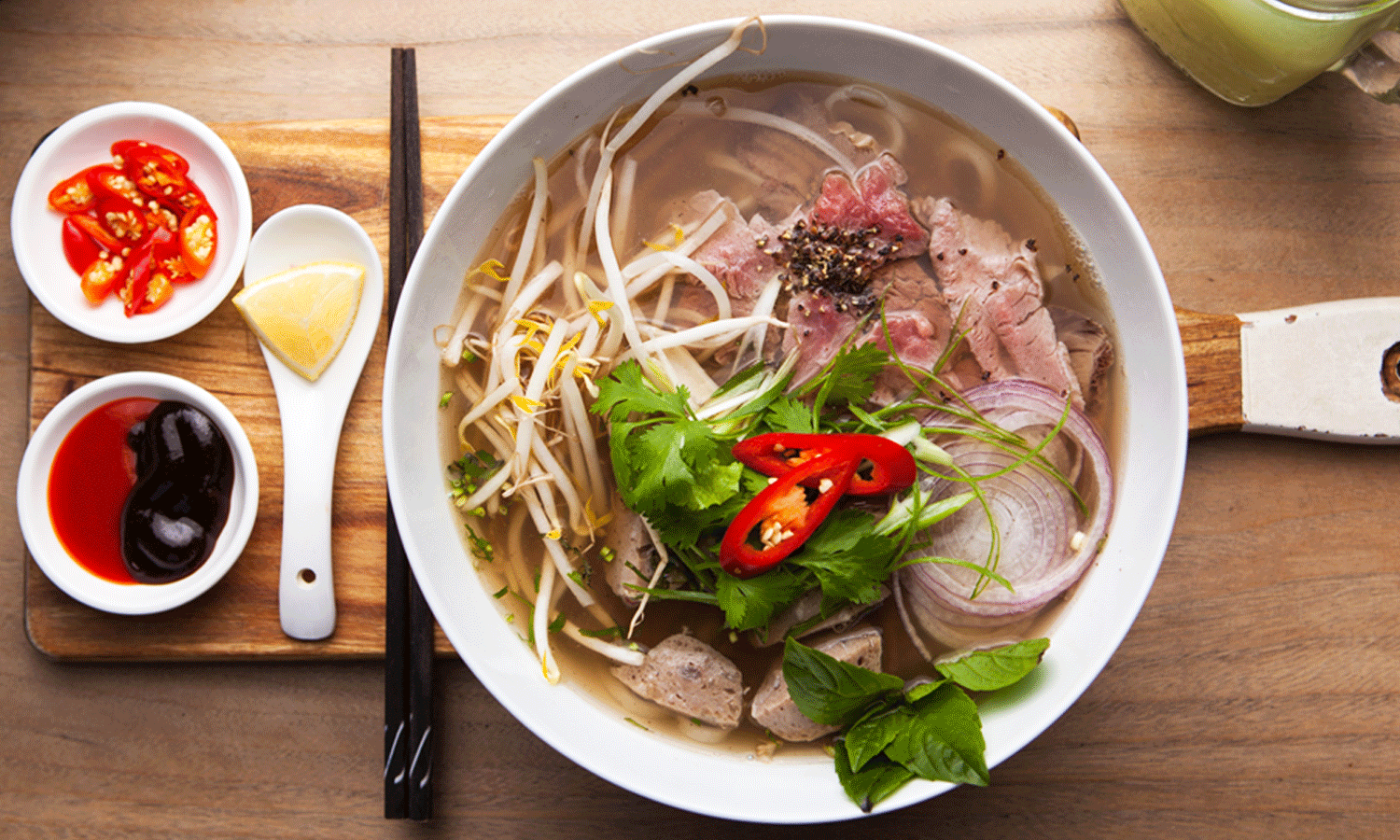
베트남 레스토랑
세부에는 베트남 음식점이 많지 않지만 베트남의 맛을 가장 즐길 수 있는 음식점을 몇 군데 소개합니다.
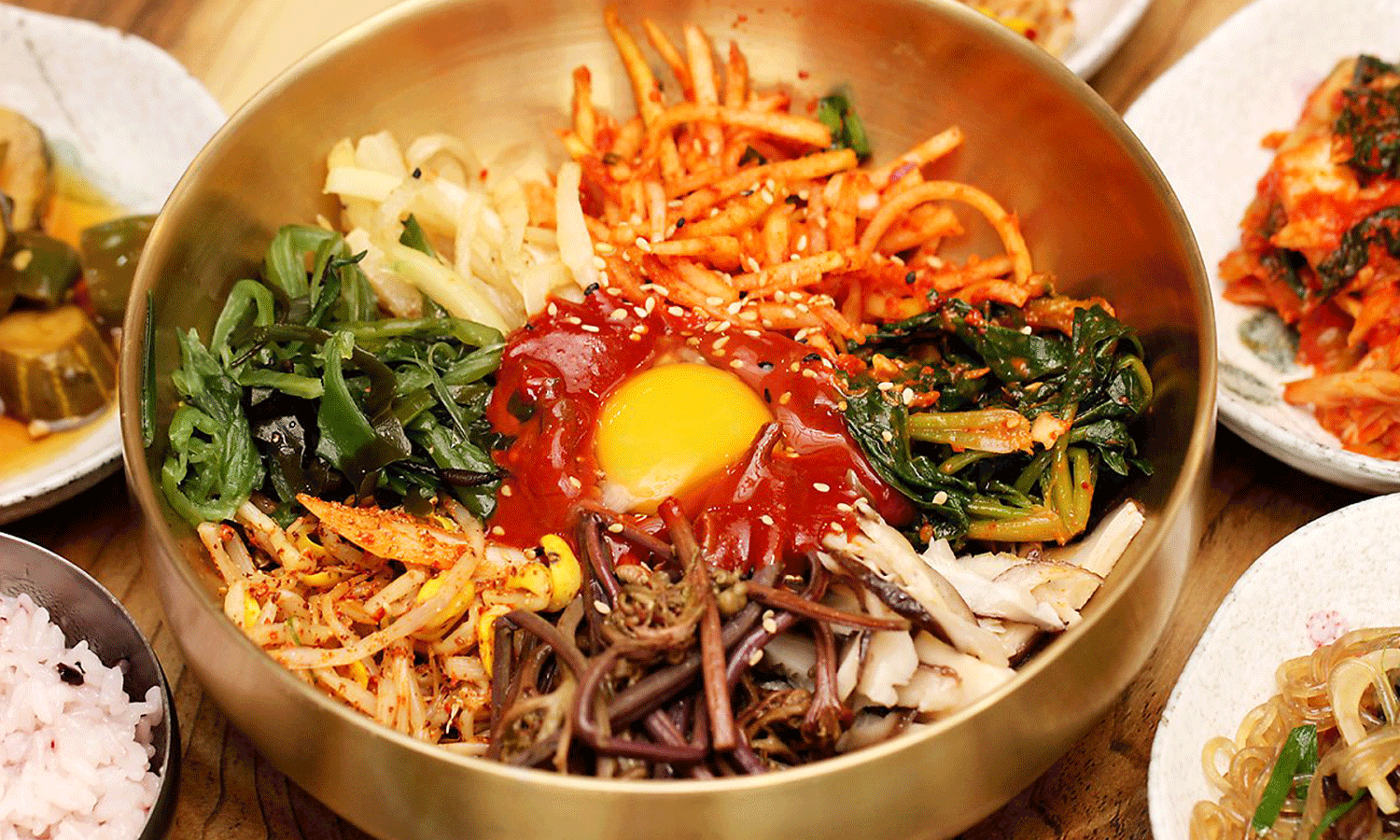
한국 레스토랑
일본 음식점과 마찬가지로 한국 음식점을 방문하고 싶을 때 선택의 폭이 넓습니다. 정통 요리부터 무제한 한식 바베큐까지 다양한 메뉴를 소개합니다.
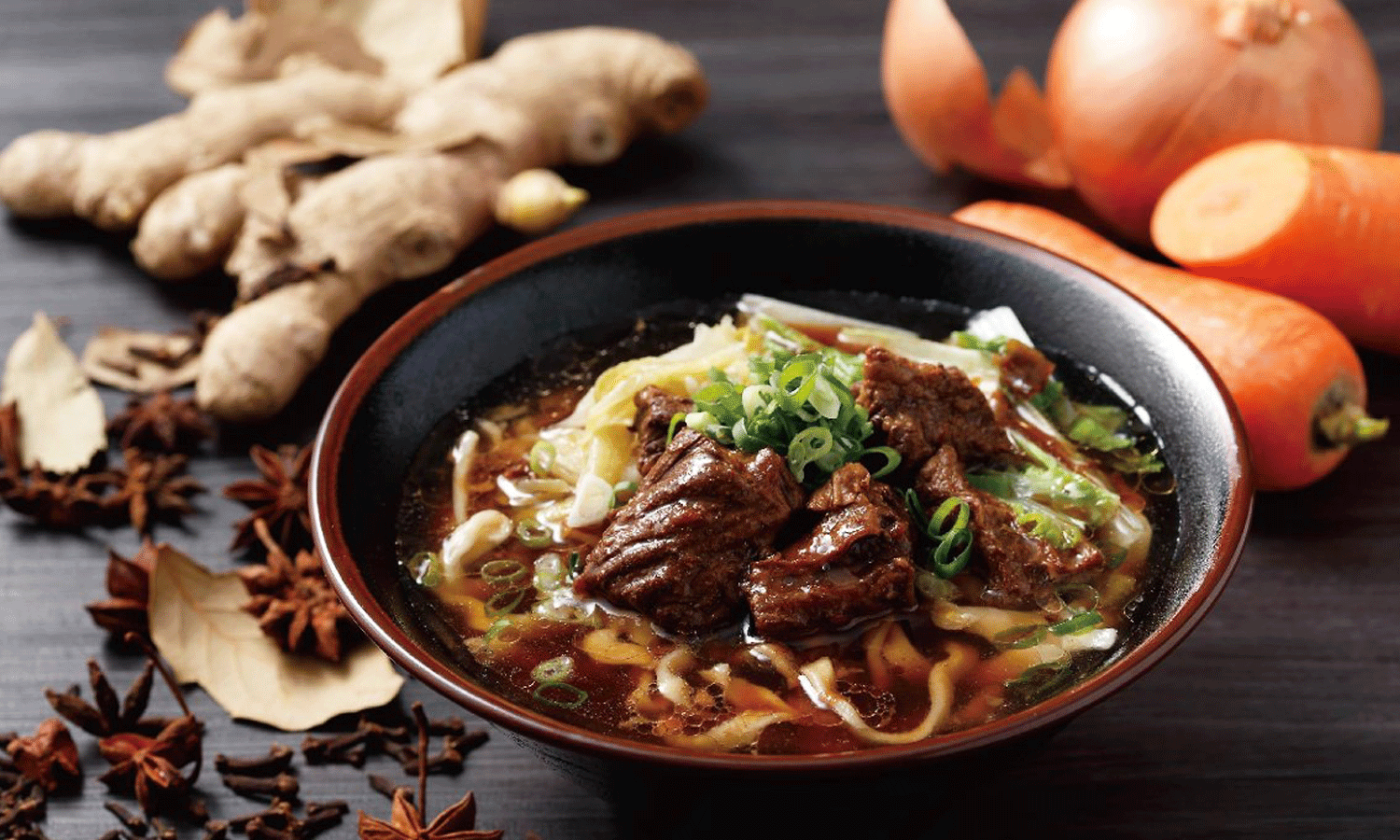
대만 레스토랑
많은 중국계 필리핀인과 대만계 필리핀인이 오랫동안 세부에 거주해 왔습니다. 그래서 세부에서 쉽게 찾을 수 있는 대만 음식과 중국 음식이 많이 있습니다. 추천하는 대만 맛집을 소개합니다.
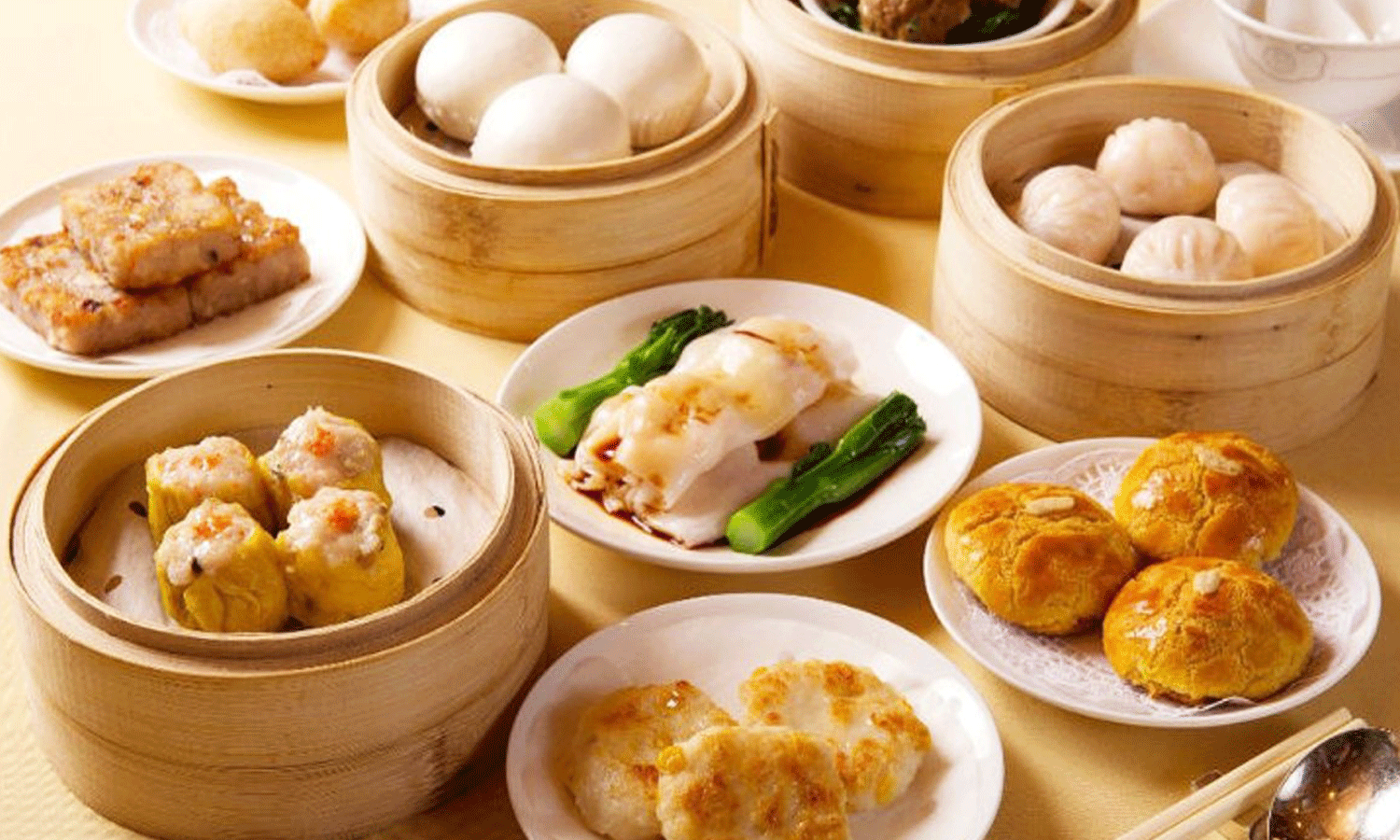
중국 레스토랑
중국인들은 모든 나라에서 현지인들과 함께 조화롭게 살고 있습니다. 많은 사람들이 중국 문화와 음식을 즐깁니다. 여기 당신이 세부에서 즐길 수 있는 최고의 중국 음식점들이 있습니다.
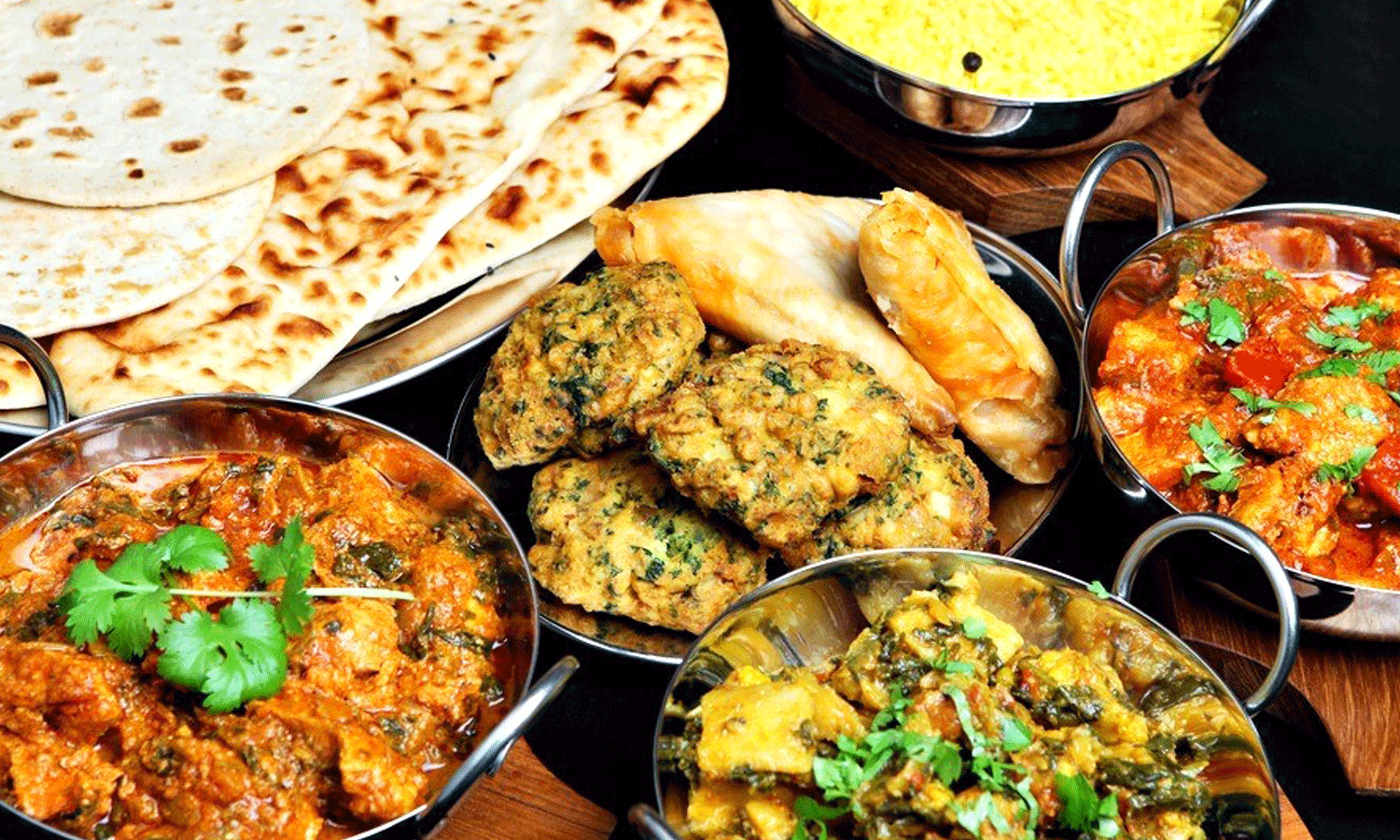
아랍 / 중동 레스토랑
세부-두바이 직항편으로 아랍권 관광객이 늘고 있다. 세부에는 점점 더 많이 문을 여는 아라비아 레스토랑이 있습니다.
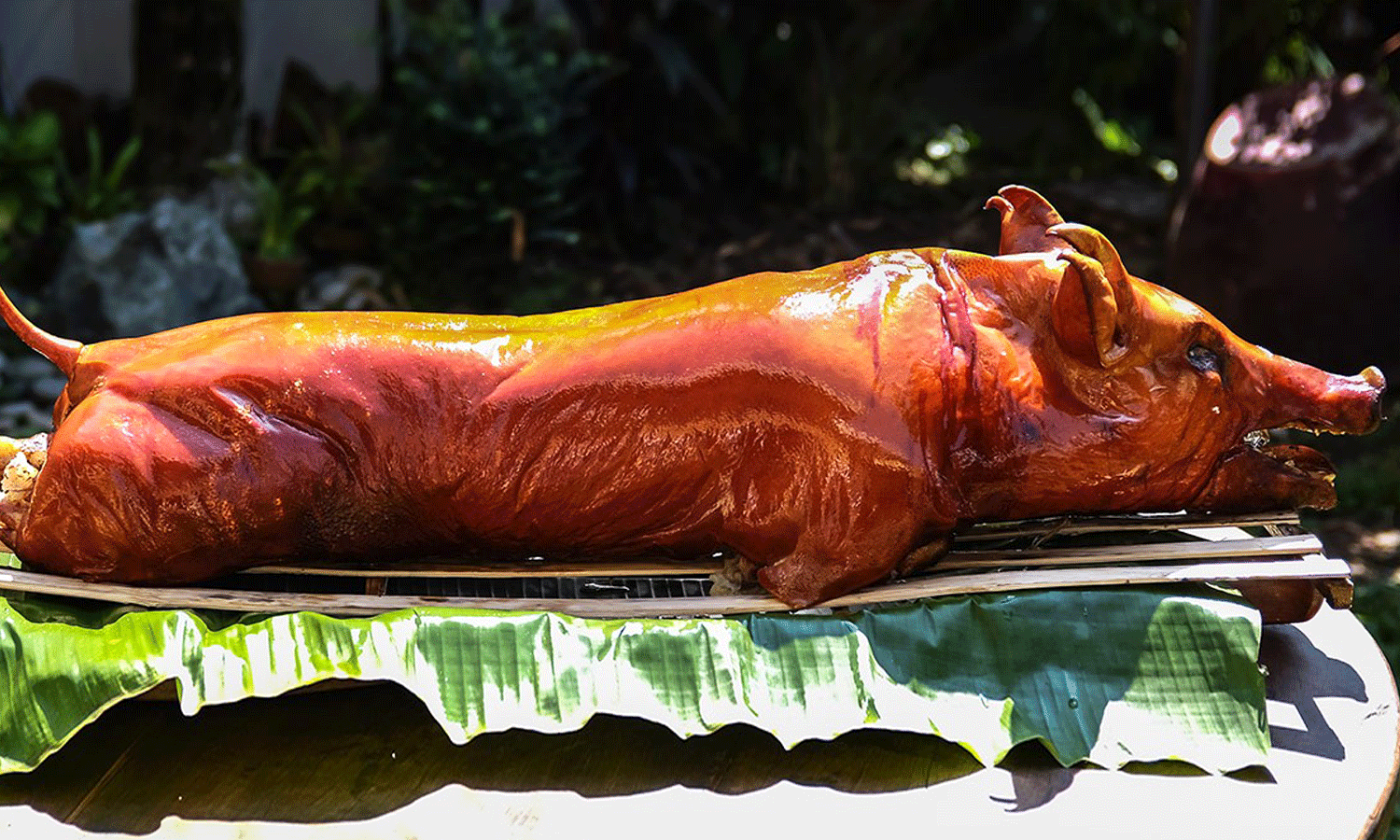
다른 레스토랑
필리핀식, 지중해식, 양식 등 세부에서 가장 인기있는 레스토랑에서 다양한 요리를 찾을 수 있습니다. 전통 요리와 세계 각국의 풍미를 맛보십시오.
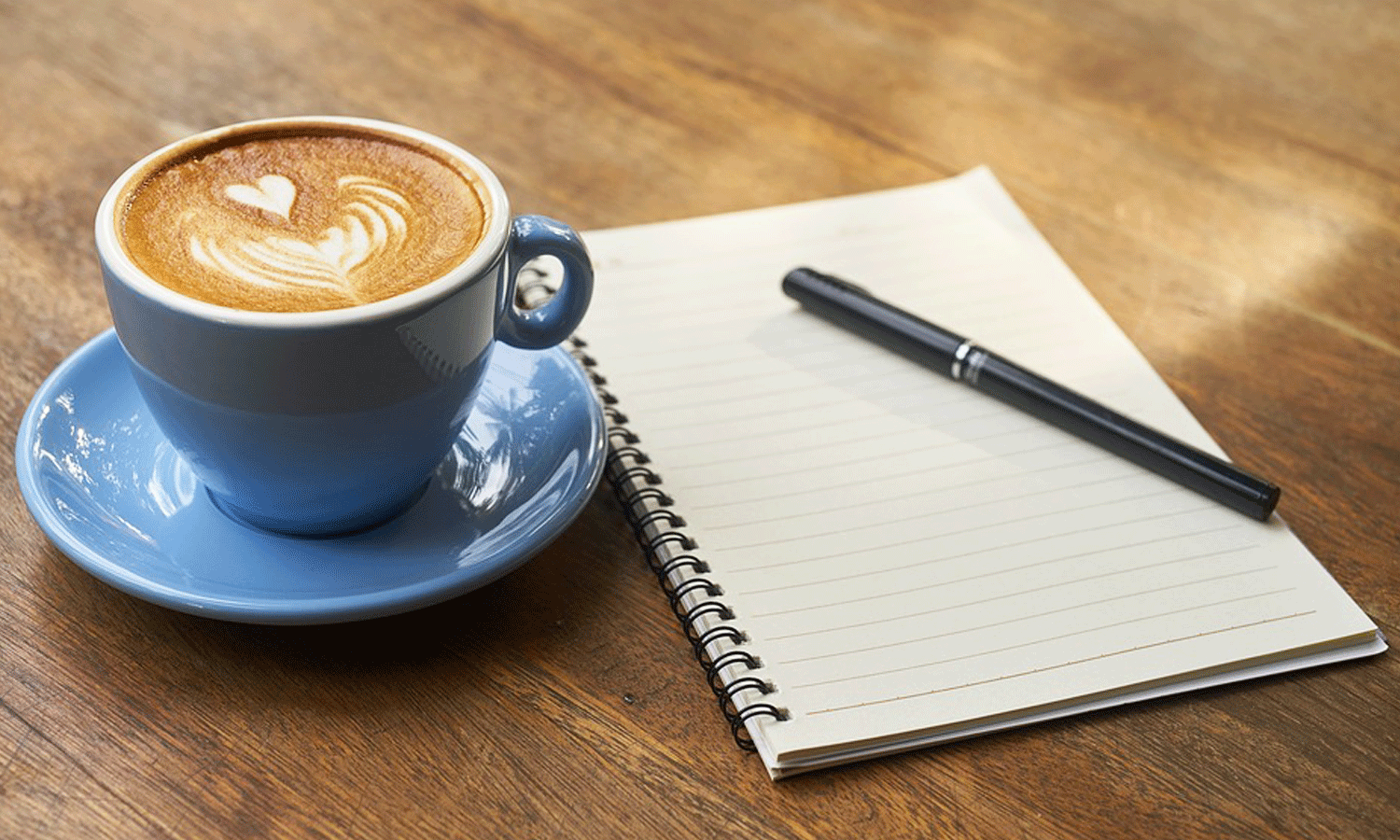
커피와 티
커피, 차 또는 밀크티가 필요하신가요? 아늑한 분위기에서 술을 마시고 친구들과 수다를 떨며 휴식을 취하고 좋은 디저트를 맛보고 싶으신가요? 그런 다음 확인해야합니다.
자주 묻는 질문
FAQ 목록
-
QQ-1What is the pronunciation of Filipino English?
A Having learned English as a second language, Filipinos in general speak the language with an accent. For the most part, they speak American English. However, not many Filipino teachers can speak like native speakers, and their students are sometimes not able to understand them because of their accent. At CIA, though, teachers speak with almost a neutral accent to slightly accented English. Their way of speaking is clear enough for the students.
-
QQ-2 Is training possible even for a complete novice?
A Despite the low level of English proficiency, complete novices or beginners are trainable. CIA offers man-to-man beginner classes to help them advance through the higher levels until they attain the proficiency level required for one to study abroad.
-
QQ-3 Location of the school
A CIA is presently located in A.S. Fortuna Street, Mandaue City. AS Fortuna is a lively street lined with restaurants, convenience stores, and wellness spas. Also, a nearby shopping mall is within walking distance of the school.
-
QQ-4 What is SSP? What is a visa extension?
A SSP or Special Study Permit is a special enrollment permit issued by the Philippine government to foreign students so that they can legally study in the Philippines. All students who wish to enroll at CIA must secure the said permit.A visa extension is required of foreigners staying in the country for over thirty (30) days or five (5) weeks. For your information, a tourist visa, which is valid for thirty (30) days, is free of charge. Such kind of visa requires a return ticket, and the tourist’s passport should be valid during his or her stay in the country plus six (6) months or more. A student enrolled in CIA with a tourist visa is allowed to stay for four (4) weeks or less. However, for students who wish to extend their stay, the staff will assist them in getting a visa extension. -
QQ-5 How many passport-size photos are needed?
A Only 1 picture is needed for your Student ID, all other pictures will be taken here at CIA and printed from a nearby shop for only 100php.
-
QQ-6 What are the benefits of studying in the Philippines?
A Studying in the Philippines has many benefits. First, a student can learn the English language at a very affordable price, which is considerably lower than the cost of studying in Western countries. Second, man-to-man classes are long enough and are paced to make sure that one achieves proficiency and that the learning objectives are met. Third, a studentcan have many opportunities to use English in communication since the locals use it, too, in everyday situations, such as shopping and eating at restaurants. Finally, a student not only can have a fulfilling student life but also can enjoy other things that the country can offer, such as the famous beaches in Cebu.
-
QQ-7 What is the climate in the Philippines?
A The Philippines has a tropical climate. It is warm throughout the year; the country’s average annual temperature is around 27ºC. The rainy season lasts from June to October, while the dry season is from November to May. Other regions in the country like Cebu, though, may experience very rainy or very sunny weather throughout the year. For this type of climate, it is fine to wear summer clothes and accessories like sunglasses and hats, all of which can be purchased at local shopping malls and markets. When the weather is very hot, people frequent places with air-conditioning like shopping malls.
-
QQ-8 What about security in Cebu? /Is Cebu secured/safe?
A Compared to your home country/ country of origin, Cebu has good security measures. Public safety has improved particularly in cities and towns. There is low crime rate making the place safer to live compared to any other areas in the Philippines. However, the gap between the rich and the poor is high, making robbers, burglaries, as well as casualties common. Tourists should then follow basic precautions, such as staying in instead of going out at midnight or secure their own belongings like bags, phones and money in public places.
Yet, at CIA, there is 24-hour security. Only students, teachers, and other staff members are allowed to enter the school premises. For overall safety, students must observe necessary precautions when going out.
-
QQ-9 Do I need to be insured when I study abroad?/ Do I need to get an insurance when I study abroad?
A In general, medical services for foreigners in the Philippines are expensive, so you should get insurance for possible emergencies. You may catch a cold because of sudden change in weather or have a stomachache from eating exotic food or drinking water or contract a disease peculiar to Southeast Asia (e.g., dengue). Also, it is possible that you can meet a road accident. Although there has been a few of these cases, it’s highly recommended that students get health insurance.
-
QQ-10 What is the average expense in a month?
A On average one’s expenses total around $150 per month. The expenses exclude school-related fees like SSP (special study permit), dormitory deposit, visa extension fee, and electricity bill, all of which are to be paid after the orientation on the first day. some students who do not often eat out to dine out or go sightseeing only spend about $50 a month for daily necessities. However, those who enjoy recreational activities like scuba diving, golfing, and traveling should prepare a little more than $500. Also, one should set aside pocket money for the entire stay. On the first day at CIA, students is accompanied by a staff member and will proceed to money changer at nearby mall to have their money changed into Philippine peso.
-
QQ-11 Packing before departure, do you have tips on how to pack up easily? /What are the tips on packing up before departure?
A Please pay attention to your baggage allowance. Pack only the bare essentials. Do not bring liquids, such as shampoo, rinse, and lotion, anymore. Upon your arrival in the country, you can go to a shopping mall near CIA for your needs. Also, pack clothes enough for at least a week, including casual and travel clothes. Bring light, inexpensive ones that can be regularly washed. (For your information, CIA offers laundry services to its students.)
-
QQ-12 Can I study with the personal materials, not the school materials?
A No. CIA has its specific curriculum that students and teachers follow in each course. However, you may still bring your personal materials for self-study.
-
QQ-13 What are the most common characteristics of the Filipinos?
A Filipinos are generally optimistic and cheerful. They are mostly Catholic, so they uphold Christian values and beliefs. Also, they are very good at communicating with foreigners, making them suitable English teachers.
-
QQ-14 What is the secret to the success of the Philippine language training?
A Approach, competence, and support are vital to the success of Philippine language training. CIA currently takes a student-centered approach to teaching English. With the students in mind, the school uses up-to-date and suitable materials for language instruction and continues to develop and improve its courses and assessments. Also, CIA employs competent teachers, who are skilled at both using and teaching the language. Using appropriate strategies and techniques, they provide meaningful learning experiences to their students according to their level and needs. Lastly, CIA provides excellent student support where staff works hard to make students’ stay pleasant and enjoyable while studying.
-
QQ-15 I can hardly speak English, but is it okay?
A Of course. A student-centered approach to teaching English, which is used by CIA, would be very beneficial to a student of any level even if he or she can hardly speak English. At CIA a new student will take a test to determine his or her level of English proficiency then attend classes that cater to that level. Classes are designed for students of different levels, from beginner to master’s level, and they are from Mondays through Fridays.
-
QQ-16 Can I change my class or teacher?
A Students’ first week at CIA is intended for students to be able to adjust to their general life and studies, so they are not allowed to change classes yet. However, students can take any other class (e.g. Native or CNN, or a different group or activity class) or course they desire (e.g., TOEIC, IELTS, Business, Working Holiday based on the start dates which are once a moth).
It should be known that any course change; there is additional fee which will differ per course. Also, you need to take a test to determine the level before taking the course. Once you have decided to switch to another course, you must follow the course change procedure and pick a priority number for class changes.
-
QQ-17 Is internet (wifi connection) available/accessible?
A Yes. There are Wi-Fi hotspots in CIA, and students can access those networks for free. The Internet connection, though, may vary in speed according to the number of real time users.
-
QQ-18 What about the shower and restroom in the dorm?
A CIA provides hot/cold water and standard restroom amenities in both of our on-campus and off-campus residences.
-
QQ-19 What is the room like?
AThe CIA dormitory has single, double, and triple rooms. Each room is air-conditioned. It has a refrigerator, a hot/cold shower, a toilet, and a washbasin. All rooms are furnished with beds, study desks, and lockers. A water dispenser is in the corridor. Also, the rooms have Wi-Fi, though access during breaks and after classes might be limited or poor because many users are trying to gain access.Besides the CIA dormitory, one can choose any of the following:The Orchard Cebu Hotel and SuitesAddress: A.S Fortuna Street, Bakilid, Mandaue City, CebuRoom details:The rooms in this hotel are air-conditioned, and they have Wi-Fi. Each room has a bed, a closet, a desk, a safe, a TV, a refrigerator, hot shower, toilet, and a washbasin.Cityscape HotelAddress: F. Cabahug St., Subangdaku, Mandaue CityRoom details:Rooms are air-conditioned, and they have Wi-Fi. Each one has a bed, a closet, a desk, a TV, a refrigerator, a hot shower, a toilet, and a washbasin. Guests of the hotel can use the swimming pool.Midori ResidencesAddress: A. S. Fortuna St, Mandaue CityCondominium unit details:The unit is air-conditioned and has Wi-Fi. It has the following: bed, closet, desk, dining table, refrigerator, hot shower, toilet, washbasin, hair dryer, microwave oven, cooking heater, and kitchen utensils. Also, the condominium has an outdoor pool and fitness gym. -
QQ-20 Is the enrollment date fixed for the Q-20?
AYes. Enrollment usually takes place on a Monday. If a holiday falls on that day, the enrollment is on the next day (Tuesday). Also, depending on the course, enrollment takes place once a month. If you would like to take the TOIEC or the IELTS course, you should check the opening day of the course.On their first day at CIA, students take the level test and attend an orientation.Graduation of students is on a Friday. After graduation students check out of the dormitory usually the next day (Saturday sometimes Sunday). If there would be a problem about getting plane tickets, the students might leave on the day of graduation. In case a student requests that his or her stay be extended, he or she should contact the administration. -
QQ-21 How can I clean the room?
A CIA dormitory rooms are cleaned once a week (twice if there is available housekeeping). During the cleaning day, bed linens are replaced, floor is swept and mopped, and the restrooms are cleaned. To those who are staying in a hotel, the hotel has its own cleaning services. For those who are staying in Midori Premium Residences, we provide cleaning two times a week.
-
QQ-22 How do I do the laundry?
A CIA offers a free laundry service. Students may avail of the service twice a week and pick up 2-3 days after deposit. The service is for regular wear clothes and not for special attire and overly sensitive fabric. We use regular detergent which may cause shrinking or discoloration to clothes that need special care. Therefore, it’s a good idea to leave those types of clothing to an expert. Because we care for your clothes like our own, compensation is provided in case of damage up to Php200 or loss of up to P500.
-
QQ-23 What kind of meals are served? Philippine cuisine?
A CIA serves breakfast, lunch, and dinner meals daily to its students. It serves meals of Western food (e.g., bread, egg, soup, salad), Korean food (e.g., porridge, vegetable dishes, fruits), Japanese food (e.g., beef bowl, squid fry, soup), and Taiwanese food (e.g., white rice, simmered pork, croquette, soup), and recently more on International cuisine by our Chef with almost 30 years of culinary experience to accommodate all the different nationalities here at CIA.
-
QQ-24 What can Students do on the weekday and weekend?
A CIA uses a Semi-Sparta system. In this system students attend classes on Mondays through Thursdays, 8:00–18:00, and on Fridays, 8:00–17:10. They take the daily test before the first period of the day. Saturdays and Sundays are free. On their free days they can go diving or island hopping, or they can enjoy buffets at restaurants and hotels.All students have to strictly observe the curfew hours: Sunday to Thursday: 10:00 PM (On days without classes the following day, the curfew is 12 o'clock; on days with classes the following day, curfew is 10 am.) • Friday and Saturday: 12:00 AM -
QQ-25 How do you respond to medical emergencies?
A Nurses at CIA are always on duty on weekdays, 8:00–18:00. A qualified doctor comes to CIA on Wednesdays to hold a consultation with the students. He can speak a little Japanese. If there is any unclear information during the consultation, staff members are standing by to help clarify it.In case the patient shows serious symptoms, a staff member will take him or her to a nearby hospital to receive emergency care.Also, it is advisable that one studying abroad should obtain an international travel insurance for emergencies. -
QQ-26 Is the Japanese staff permanent?
A Yes we have many International Staff to cater to our Students. We have a manager for each nationality here at CIA to make sure that if anything happens that the Student is able to speak in his/her native language to the manager. So there is no need to worry as we have a great system to make sure your stay here at CIA and Cebu is safe and comfortable as possible.
-
QQ-27 How much cash will I bring? Is currency exchange available?
A The amount of cash that you should bring depends on how long you are going to stay at CIA. Your money should cover school-related fees like SSP (special study permit), dormitory deposit, visa extension fee, and electricity bill, all of which are to be paid after the orientation on your first day at CIA. Those who do not eat out or go sightseeing spend about $150 a month for daily necessities only. However, those who enjoy recreational activities like scuba diving, golfing, and traveling should prepare a little more than $500 on top of $200 for extra expenses depending on what you would like to do. So, you should set aside pocket money for your entire stay. On your first day at CIA, a staff member will accompany you to a money exchanger at a nearby mall to change your money to Philippine peso.
-
QQ-28 How about the security at the School?
A CIA is located in Mandaue City, a safe city within a ten-minute drive from Cebu City, the capital of Cebu province. Also, the school is surrounded by a high wall. The security guards are on duty 24/7, and they are stationed at the gate and do roving regularly. Upon entry every student, teacher, and staff member is required to present his or her ID card and to log in through fingerprint authentication. With security in place, outsiders cannot easily enter the school.
-
QQ-29 is there a convenience store nearby?
A Yes. The nearest one is located within 5-minute walking distance of CIA. Also, there is a 7-Eleven store near J Centre Mall, a nearby shopping mall (only 450 meters away from the school), and many restaurants.
-
QQ-30 What is the level of English proficiency and pronunciation of the Filipinos?
A In the Philippines, English is used as one of its official languages. The government, schools, and different establishments generally use English as their medium of communication. In schools the language is mainly used as the medium of instruction. With such exposure to the language, Filipinos in general get more than average scores in TOEIC, IBT in the Asian region.Different kinds of English, such as the British English, the American English, the Canadian English, and the Australian English, are used in different parts of the world. It is difficult then to identify which pronunciation is the best one to learn. Nonetheless, teachers at CIA continue to improve their English skills through tests and trainings. Also, there are native speakers who teach English courses at CIA. Students can join those courses to learn pronunciation and practical expressions. -
QQ-31 What is the average price for services/goods in the Philippines?
A Philippine goods and services vary in price. For instance, taxi fare starts at 40 pesos, equivalent to about $.79, which is cheaper than a taxi fare in the USA, Japan, and Korea. Depending on the spa, massages cost around 250 to 300 pesos per hour, which is about $5. Soft drinks and beers are cheap, but coffee costs about the same as anywhere else (meaning like Starbucks, Bo’s Coffee, and Coffee Factory).
-
QQ-32 What are your passport/visa requirements when you study abroad?
A Your passport must be valid during your stay plus six months (or more). Also, you need a Special Study Permit (SSP), a special enrollment permit issued by the Philippine government to foreign students; a visa extension if you are staying in the country for over thirty (30) days; and an alien registration card called ACR I-Card if you are staying for more than sixty (60) days. For students enrolled at CIA, the staff will assist you in obtaining the requirements.
-
QQ-33 What is SSP?
A SSP or Special Study Permit is a special enrollment permit issued by the Philippine government to foreign students so that they can legally study in the Philippines. For students enrolled at CIA, rest assure that the school will act on behalf of them to obtain the permit.
-
QQ-34 Are many International shops available?
A Many International favorites like McDonald’s, Kentucky Fried Chicken, Starbucks, Krispy Kreme, Dunkin Donuts, 7-Eleven, MUJI, and Daiso can be found in most malls. At SM Mall one can purchase some International products like miso soup and sprinkle, sweets, and seasonings, though they are a slightly expensive.
-
QQ-35 What is the coverage of overseas insurance?
A The doctor who comes to CIA will check a student’s insurance during the consultation.His or her credit card supplementary foreign insurance applies. Also, his or her insurance should cover any examination or treatment at a hospital. However, one should verify the coverage of his or her insurance before going abroad by calling the insurance company. For instance, dental checkup in the Philippines are often expensive; it costs a patient around $20. So, one is advised to go to his or her dentist for a checkup or a treatment before leaving abroad.
-
QQ-36 What is the most difficult thing to obtain in the Philippines?
A Electronic dictionaries, International reference books, foreign made medicines (non USA), and other International products are difficult to find in the Philippines. So, students going abroad are advised to bring their personal things with them if necessary. Other necessities are available in the country.
-
QQ-37 How should I prepare before leaving?
A "Required items
Passport - Please note the expiration date. Staying period + 6 months is required.
Tickets - When entering the Philippines, you need a return ticket or a ticket to leave the Philippines.
Wallet - Prepare for the following: Round trip transportation expenses from home to the airport + local school expenses + allowance
Overseas travel insurance policy - How to Use: contacts are listed. (Subscription is optional)
Clothing - It is recommended to take suitable amount of clothes including every day wear and going out outfits.
Please bring footwear ideal to tropical weather.
We offer laundry service twice a week. Cleaned laundry will be available for pickup 3 days after.
Towel - Please take enough bath and face towels.
Toiletries - Shampoo, conditioner, hair treatments, body soap, toothbrush, toothpaste, toilet paper at least 1 roll
Cosmetics - In addition to basic cosmetics, we also recommend bringing of sunscreen due to the hot weather in the Philippines.
Although glasses and contact lens supplies can be purchased locally, it’s best to have them handy.
a copy of passport - Always store passport in a safe place.
Medicine - In case of colds or diarrhea, we recommend taking medicines you have previously taken in your country.
Dictionary/Translator - Only English texts are available at school. There are no Japanese reference books.
Writing Materials - Although it can be purchased locally, the quality in Japan is better.
Tote bag / backpack - It is recommended to take a school bag such backpack to carry educational items such books and other school supplies around the campus."
"Recommendations
Cards - International cash card, credit card (VISA or MASTER) etc.
Electronic dictionary - You may bring any form of bilingual dictionary, electronic or traditional. It will come in handy especially in studying vocabulary.
Leisure goods - Swimwear, beach sandals, sunglasses, hats, insect repellent and bug bites.
Camera - Please remember the memories of your study abroad life.
Laptop - Lessons or assignments requiring a PC is not normally given. However, you’re welcome to bring a laptop for research and viewing purposes.
Charger - You may bring your camera, PC and mobile phones.
A transformer - Philippines voltage system is 220V 60hrz.
Please ensure appliances are compatible to Philippine voltage.
AA battery - The closet/safety deposit box in the on-campus dormitory is battery operated lock.
Please have three AA batteries. They can be purchased locally
* There is no need to provide batteries if you’re staying in one of our off-campus dormitories.
Guidebook - It’s a good idea to have beach sandals or tropical footwear that will come in handy when travelling.
Photo ID - Please check availability of any products before bringing them to the Philippines.
There’s a possibility that they may be readily available in local stores.
Instant Food - Oatmeal, miso soup, tea, etc.
Please take note of the checked baggage weight restrictions on airplanes.
